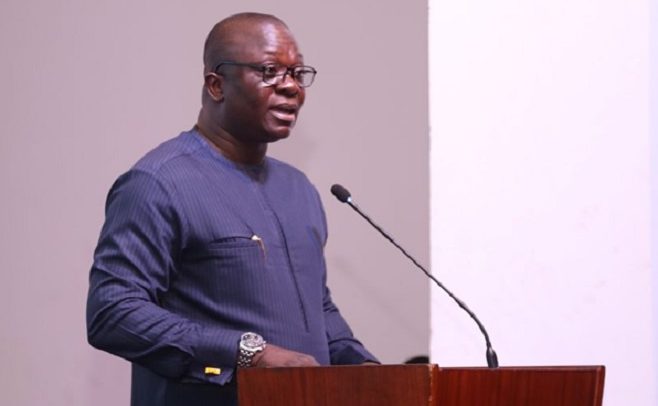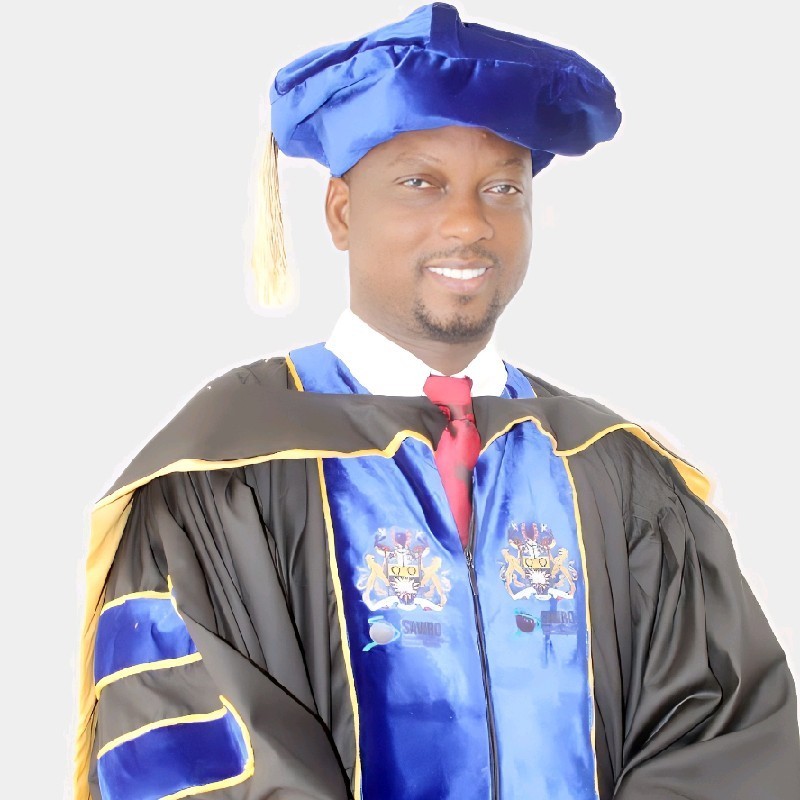
Agricultural experts from across Africa kicked off a two-day conference in Nairobi on Wednesday to seek ways of enhancing food security amid severe drought in some countries.
The meeting that brought over 200 experts on nutrition and food security also discussed ways of promoting use of evidence from monitoring, evaluation and research in influencing policy change.
In his opening remarks, Kenya’s Principal Secretary for Agriculture Richard Lesiyampe called for urgent and radical actions to be taken to boost food security in the continent.
“In order to turn the continent’s food security options around, we need to move beyond focusing on increasing productivity at farm level and scale up efforts to proactively implement policy based research and evaluation projects being undertaken by various value chain actors,” Lesiyampe told participants.
He said that it is sad that 50 years after independence, the African continent continues to bear the burden of hunger which is exacerbated by shocking levels of food loss and waste.
He noted that more research is needed to fine tune fertilizer recommendations and appropriate schemes designed to ensure fertilizers and other productivity enhancing technologies are accessible to smallholder farmers in a sustainable manner.
The agricultural experts drawn from Ethiopia, Tanzania, Uganda, Zimbabwe, Ghana, South Africa and Mozambique called for the review and translation of agriculture research findings to better inform policy makers and farmers in the continent.
“It is critical to have well formulated development plans with clear goals, objectives, targets and monitoring indicators that will facilitate focus on an agreed direction to bring evidence to bear on actions being taken,” Namanga Ngongi, the Chairman of International Center for Evaluation and Development (ICED) said.
Ngongi told African countries to train planners, managers and evaluators focused on the delivery of goods and services that will transform the lives of people.
He stressed that due to the challenges faced in the agricultural sector in Africa, there is need to focus on issues related to evidence from research and evaluation and their impact on policy formulation, action and practice.
He revealed that data collection and the interpretation of data are still quite weak hence making it difficult to formulate appropriate transformation policies and strategies when data from the latest agricultural census is more than thirty years old.
The Chief Executive Officer of ICED David Ameyaw said that Africa needs a strong evidence to better inform development professionals, policy makers, donor community and private sector investors to help overhaul the current status.
Ameyaw observed that despite the unprecedented decade of impressive support, Africa is still the world’s most food insecure continent, with relatively low levels of agricultural productivity, low rural incomes, high rates of malnutrition and a worsening of food trade balance.
“Millions of dollars and hours of effort have been spent in commissioning and conducting field research, surveys and evaluations but unfortunately recommendations for policy action have not been effectively communicated for implementation,” he added.
He noted that the continuous disconnect between the creation of new and solid evidence from agricultural and development systems research efforts and the translation of that same evidence into data-informed policy and action has to be bridged for the betterment of the populations.
Ameyaw said that it is unfortunate that policy makers struggle to find, collate, understand and apply the evidence to support their own decision-making needs, despite the existing knowledge in the continent.
ICED is an Africa-based think tank that combines research and innovations with extensive practical experience in evaluation for development in Africa. Enditem
Source: Xinhua/NewsGhana.com.gh
Read Full Story



















Facebook
Twitter
Pinterest
Instagram
Google+
YouTube
LinkedIn
RSS